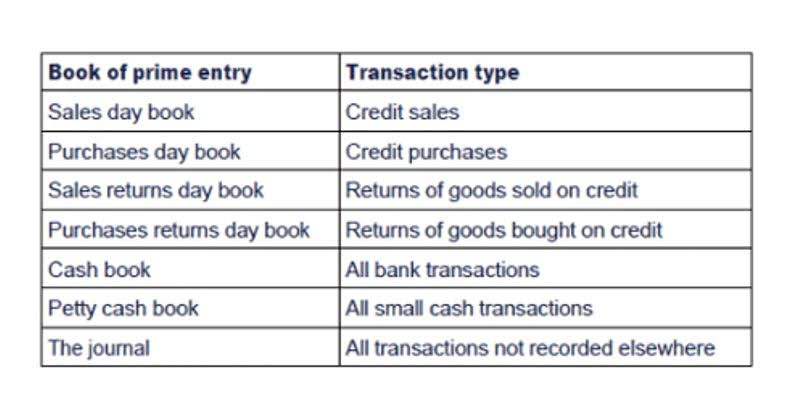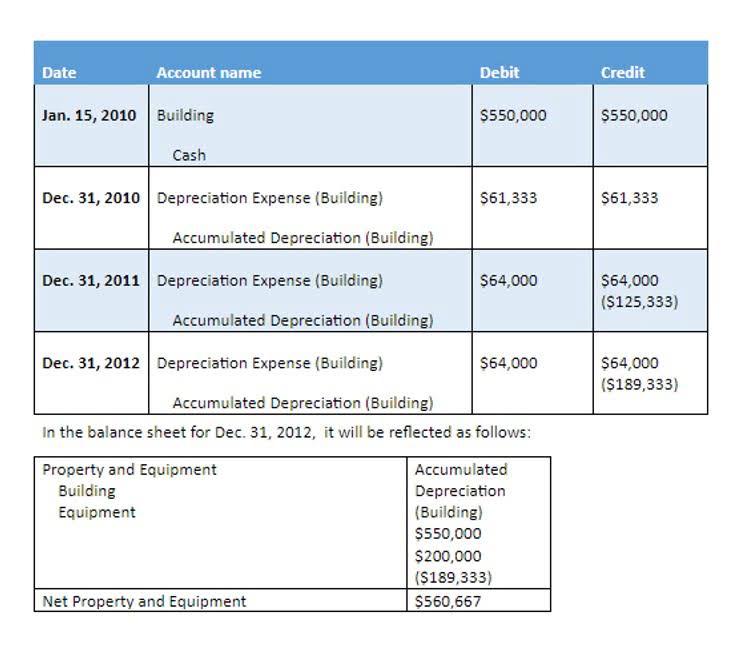- +39 3406487807
- studioartem@studioartem.it


Without them, it’s difficult to pinpoint your business’s financial health and has you making critical decisions in the dark. The frequency at which catch up bookkeeping should be performed varies based on the complexity and scale of business transactions. Some businesses may find it necessary to conduct catch ups, while others may find reviews sufficient. If you need to catch up on your bookkeeping, hiring a professional bookkeeper is important. When you need to catch up on your bookkeeping, tracking your income and expenses can be difficult.
The magic happens when our intuitive software and real, human support come together. Book a demo today to see what running your business is like with Bench.

This can include scanning physical documents, converting them to digital files, and organizing them in a cloud-based storage system. Establish internal controls to safeguard against errors, fraud, and misuse of financial resources. Segregate duties, limit access to sensitive information, and implement approval processes for financial transactions. If you’re unsure about whether a purchase qualifies a deductible business expense, learn how the IRS differentiates personal and business expenses. If you need to separate your business and personal expenses, the sooner you do it, the better. Learn how to open a small business bank account and keep your finances separate.
Save more by mixing and matching the bookkeeping, tax, and consultation services you need. Whether doing it yourself or hiring a pro, catching up on accounting can be costly and time-consuming. The amount of work needed will vary depending on how far behind you are, but it’s important to understand the upfront investment involved. Some businesses with several transactions or complex financial structures need weekly catch-up sessions.


Many small business owners will hire an expert to address their bookkeeping issues. This ensures your transactions are correct and allows you to catch any mistakes that may have been made in previous steps. Once you understand your financial status, you must gross vs net organize and categorize that data. Focus on organizing receipts and invoices where you can access them when needed. Using accounting software, such as 1-800Accountant’s ClientBooks, is among the quickest and most secure methods of categorizing and storing your data.
For the first few years, she managed her finances on her own using spreadsheets and simple accounting software. However, as her business grew, her transactions became more complex, and she found herself falling behind on her bookkeeping. By the time tax season rolled around, she was months behind on updating her records. After organizing the records, it’s time to begin the reconciliation process. This involves matching the transactions on your bank and credit card statements to your financial records, ensuring that everything is accounted for. If you’re missing transactions, now is the time to find and record them.

This will make catch up bookkeeping it easier to input the information into your bookkeeping software. Additionally, if you started a new vertical in your business, you may want to track their profitability separately; then, you also need to realign your numbers to reflect the new reality. Ensuring that all financial records are current and complete is crucial as part of the clean-up bookkeeping process. Reconciling receipts for all modes of payment is essential for accurate bookkeeping and reporting. To avoid falling behind, it’s essential to establish a regular routine for updating your records. Setting aside time weekly or monthly to track transactions can help maintain accuracy.